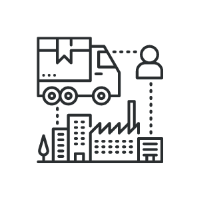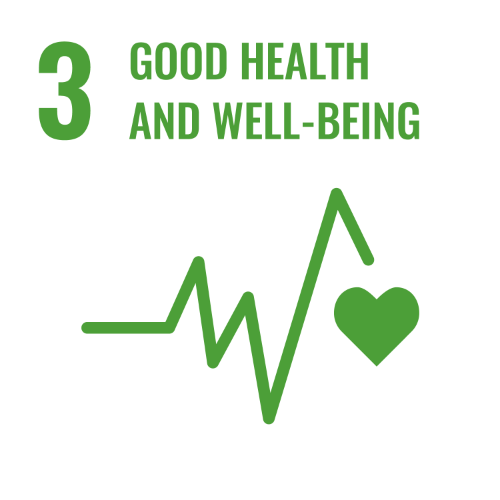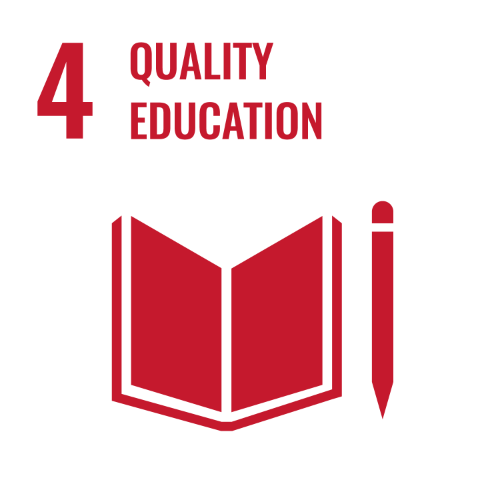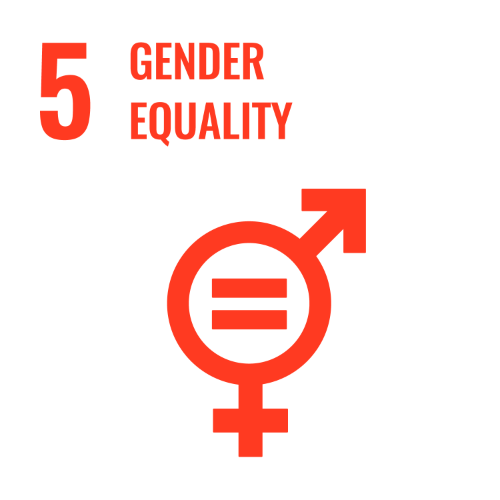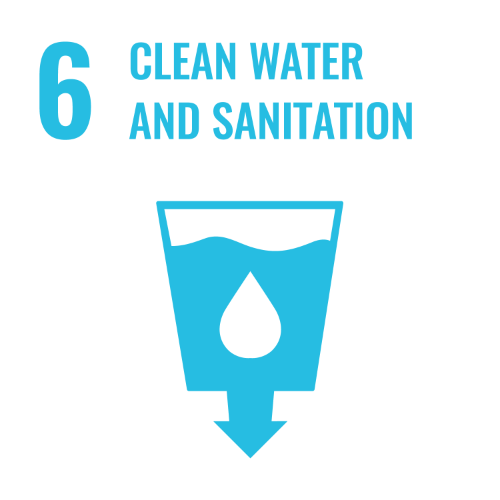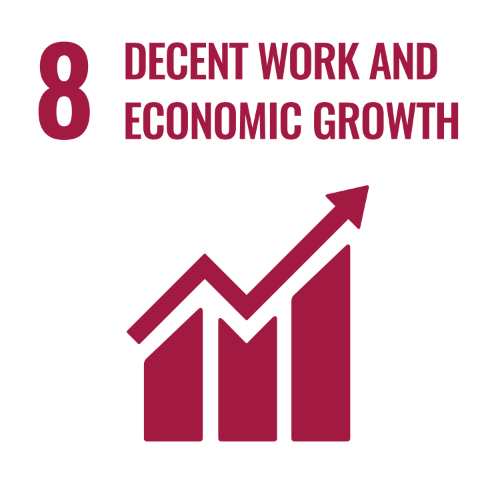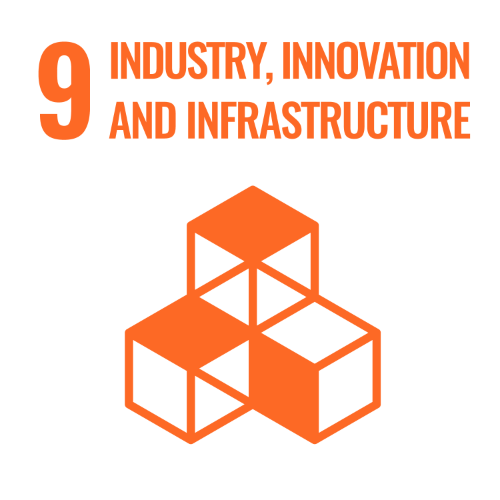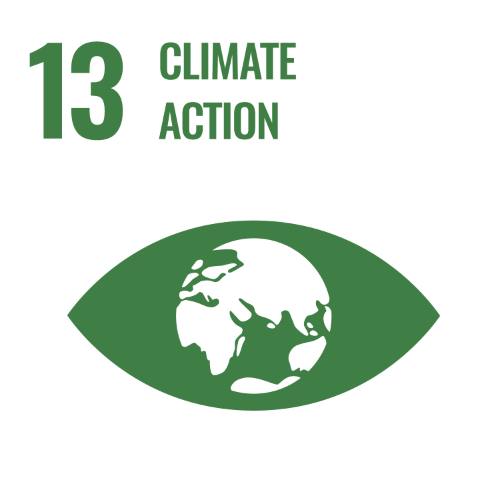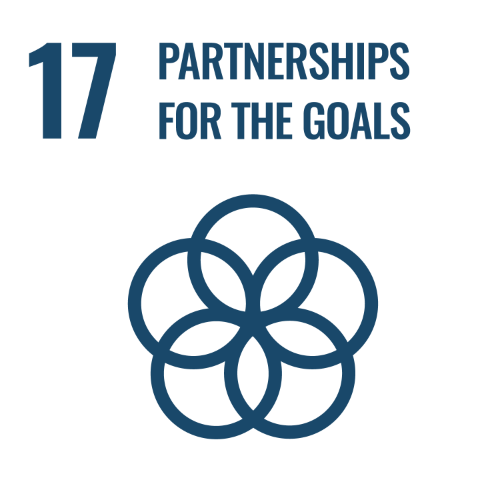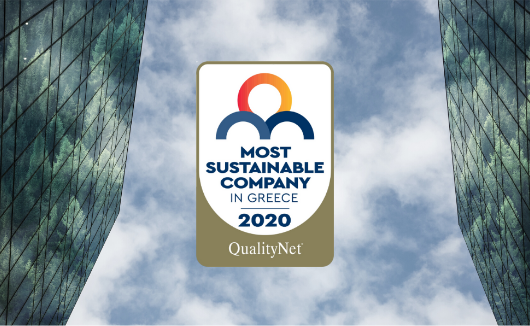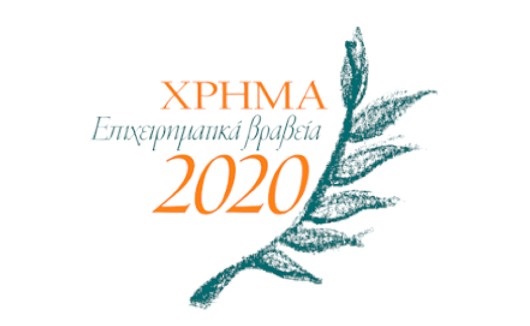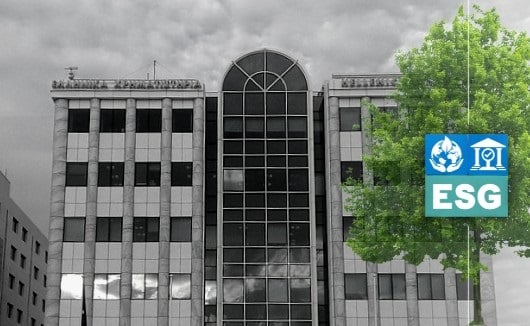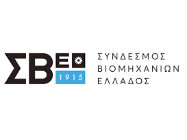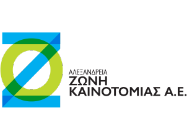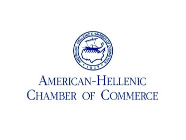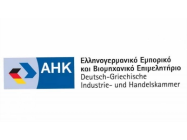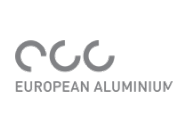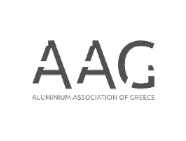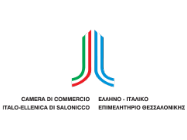ALUMIL BEYOND
Sustainability – Sustainable Development – Social Contribution
Our Achievements in numbers
Sustainability Report 2022


«We are developing the corporate social responsibility strategy, having in mind that companies can and should actively participate in the major challenges facing humanity».
We incorporate the Sustainable Development Goals of the United Nations
Awards & Recognition

Food Waste: Impacts on sustainability and how we can take action.
In continuation of our previous article about the issue of plastic pollution and ways to contribute towards its solution, we are now shedding light on another significant problem of our time that affects millions of people worldwide: food waste.
What is food waste?
Food waste refers to the unnecessary loss or disposal of food initially intended for human consumption. This can happen at any point in the food supply chain, from production to consumption. Food waste includes discarded portions of edible food, such as peels, trimmings, spoiled or expired items, and uneaten leftovers.
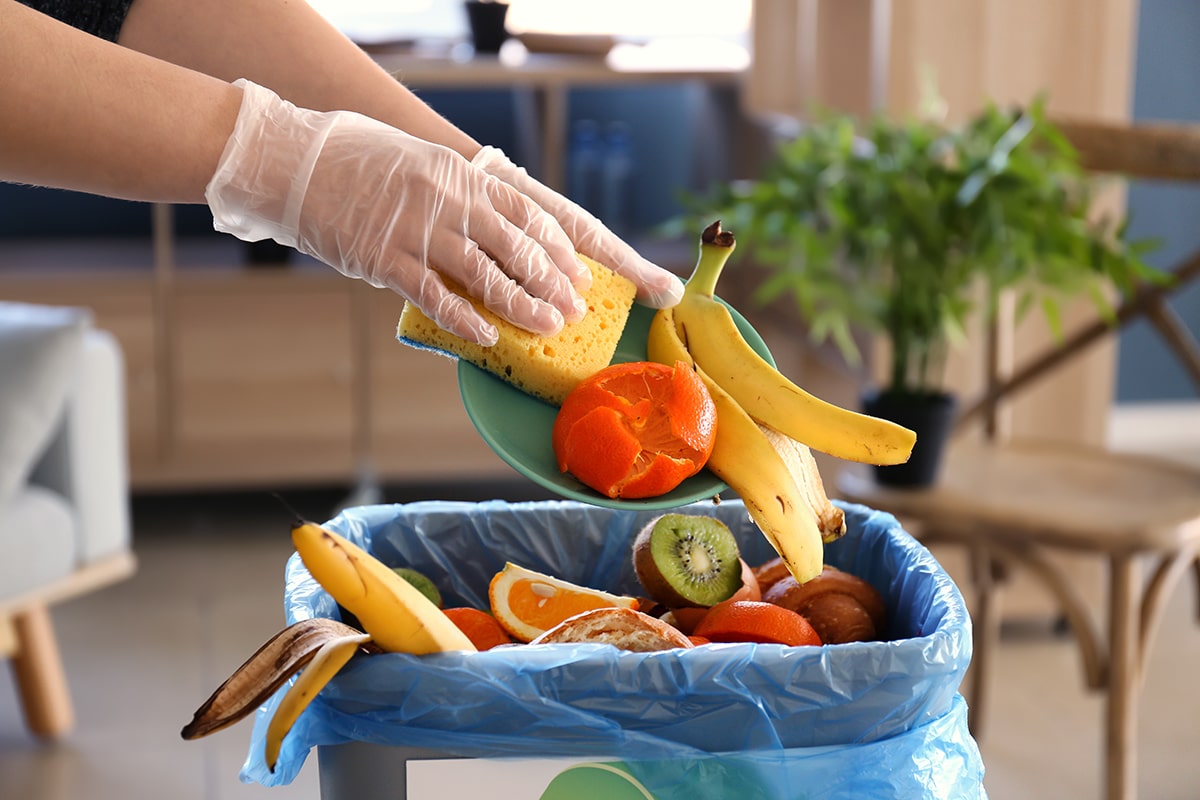
The global challenge of food waste
Food waste is a global problem that affects both developed and developing nations. In developed countries, the majority of food waste happens at the retail and consumer levels, while in developing countries, most food waste occurs during production and post-harvest handling. According to the United Nations Food and Agriculture Organization (FAO), around 40% of all food produced for human consumption is wasted globally each year. This translates to approximately 1.3 billion tonnes of food, worth an estimated $1 trillion.
The economic, environmental, and social impacts of food waste
When food goes to waste, it's not just the food that is lost, but also the resources that went into producing it, such as land, water, energy, and labour. This means that the money spent on producing and distributing the food is also wasted. Additionally, businesses and farmers who rely on selling their products are negatively affected by food waste, resulting in reduced profitability, lower prices, and increased operational costs. Moreover, food waste can lead to higher consumer prices, as food production costs are passed on to them.
Wasting food can also have adverse effects on the environment. When food is thrown away, it usually ends up in landfills, decomposing and releasing methane, a potent greenhouse gas contributing to climate change. Moreover, the resources used to produce food, such as water and energy, are also wasted, leading to environmental degradation like soil erosion, water pollution, and deforestation. Additionally, food waste can result in biodiversity loss as it contributes to the destruction of habitats and ecosystems, often resulting from unsustainable farming and production practices.
The impact of food waste goes beyond economic and environmental concerns. Food waste can create significant social ramifications in developing countries, where hunger and malnutrition are widespread. When food goes to waste, it deprives those in dire need of sustenance, worsening their food insecurity and malnutrition. Furthermore, food waste can perpetuate social inequality as those who can afford to waste food do so, while the less privileged may go hungry.
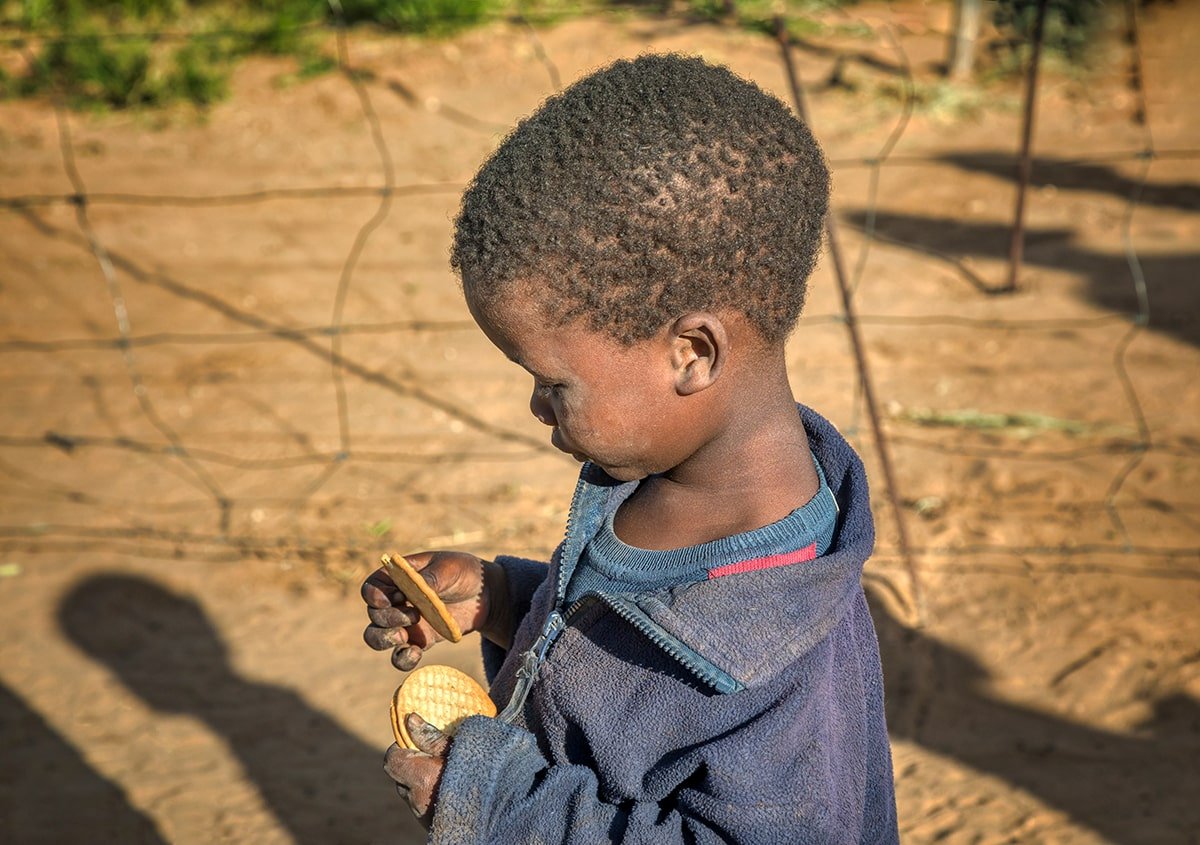
Taking action to reduce food waste
Despite the significant challenges posed by food waste, there are many reasons to be optimistic about the future. The growing awareness of the impact of food waste on economic, environmental, and social sustainability has spurred a range of initiatives and innovations aimed at reducing food waste. From local food banks and community gardens to international collaborations and technological solutions, there are many ways individuals, businesses, and governments can take action to reduce food waste and support sustainable food systems.
Here are a few ways we can all get involved:
Reduce food waste in our household by implementing five easy steps: taking an inventory to prevent overbuying, planning meals, storing food appropriately, using leftovers creatively, and composting food scraps. ALUMIL, for example, provides lunch boxes to all employees, which encourages them to plan and bring their meals from home. This initiative significantly reduces the frequency of ordering food from outside.
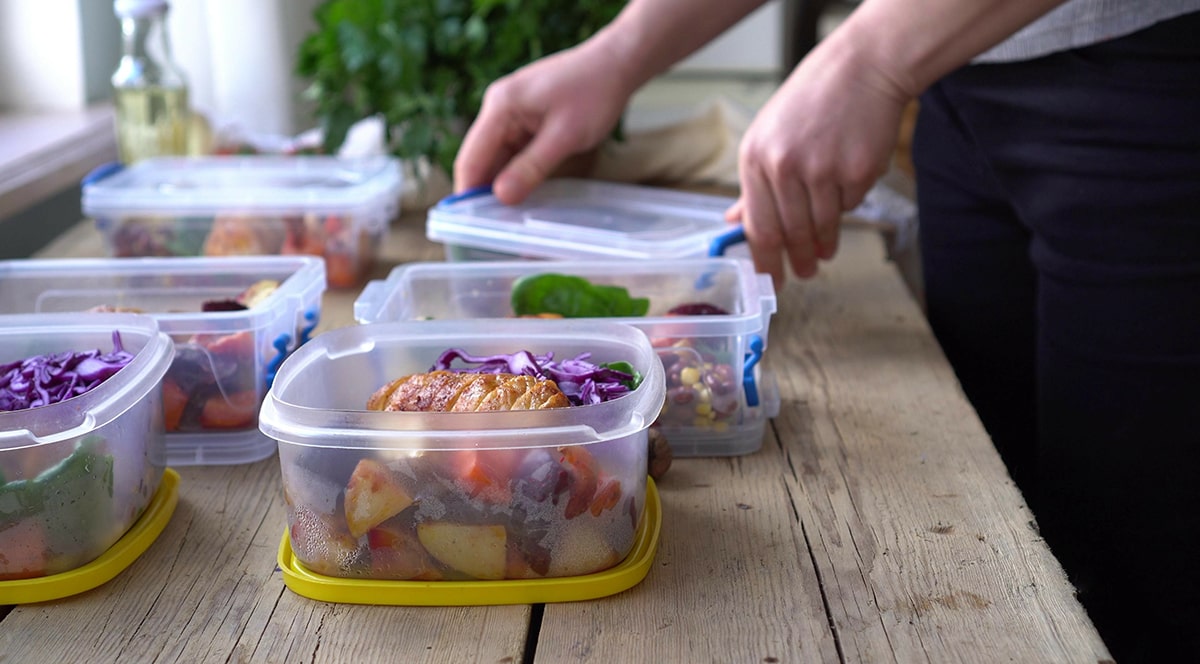
Support local food banks and charities that redistribute surplus food to those who are in need.
Opt for companies and retailers prioritising sustainable food practices and reducing food waste.
Get involved in local food recovery initiatives and support farmers practicing sustainable agriculture.
Advocate for policy changes and regulations that support sustainable food systems and reduce food waste.
By taking these steps, we can all make a positive impact on reducing food waste, promoting sustainability, and supporting equitable food systems for all. Together, we can create a better, more resilient future for ourselves and future generations.
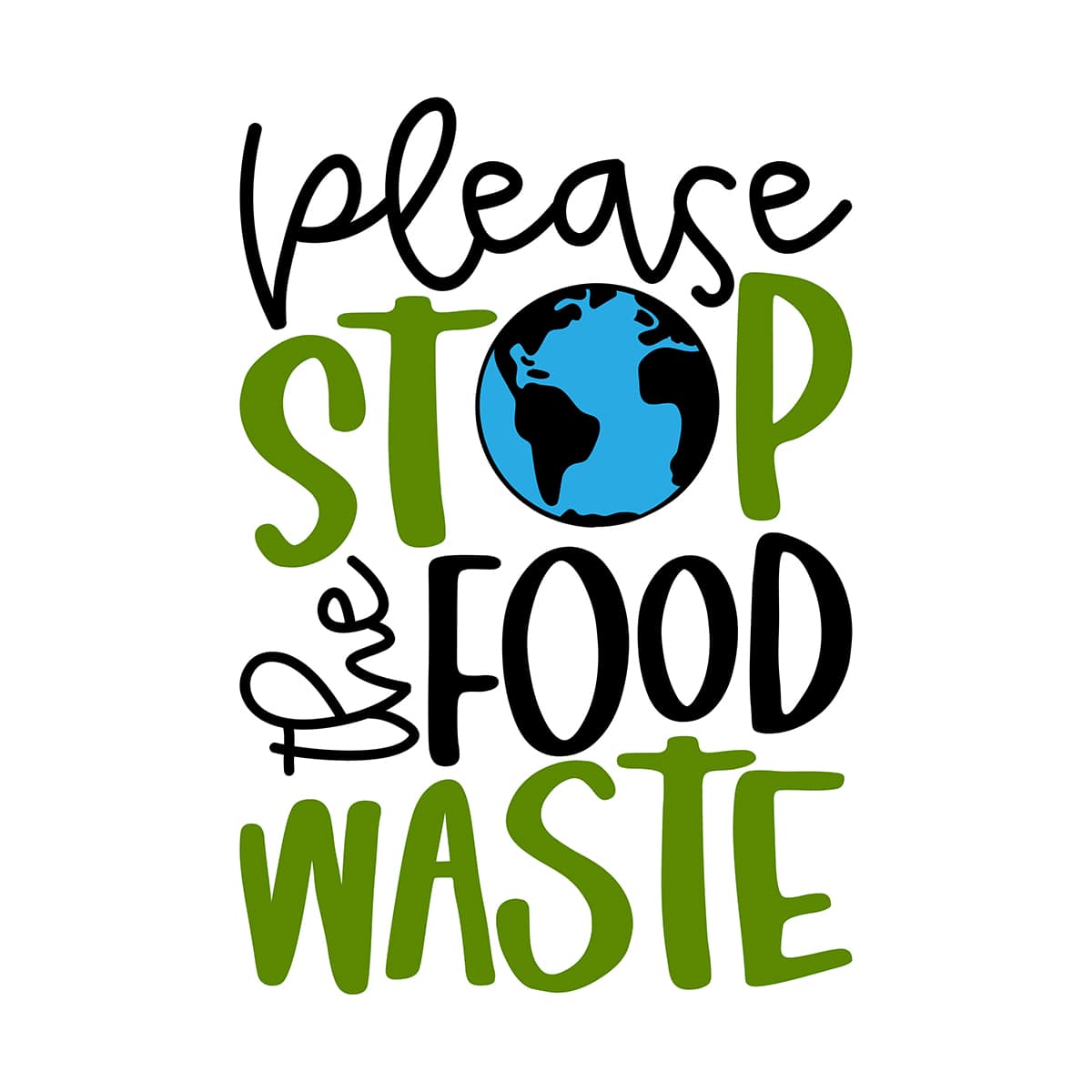
Contact
For sustainable development and corporate social responsibility issues, please fill out the form with your details and we will contact you.
Contact form
